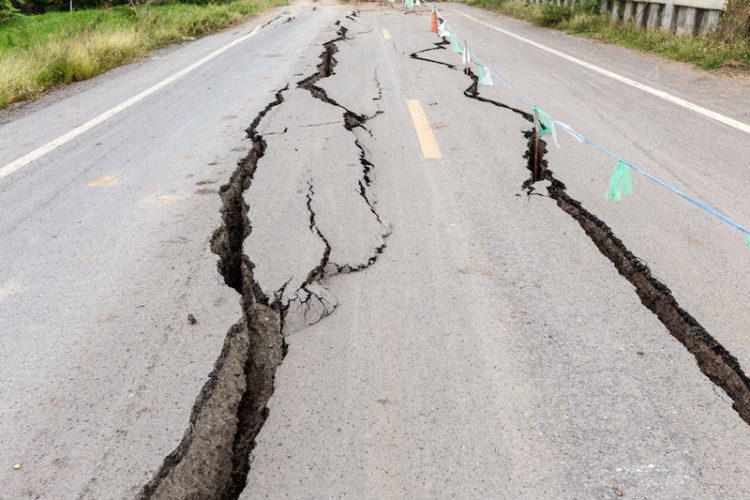
- By Complete Contents
- In blog
Earthquakes
What to do before, during and after an earthquake:
Here on the west coast, earthquakes are a common occurrence. It would only make sense to be prepared for one, or for any disaster for that matter. On that note, here are some helpful tips:
1. Before an Earthquake:
We previously posted a wildfire preparation list. A lot of the info, particularly your emergency kit, applies here as well and will apply in any major disaster. So make sure you have that put together at all times.Learn some basic first aid techniques. Keep a basic first aid book with your emergency kit.
Anchor all heavy furniture, cupboards and appliances to the walls or floor. It will also help to install safety latches on all cupboard and cabinet doors and on drawers so they don’t swing open in an earthquake.
Learn the earthquake plan at your school or workplace.
2. During an Earthquake:
Always remember: Drop, cover and hold on.
Stay calm and stay where you are; don’t try to move around while the ground is shaking. If you’re indoors, stay inside. If you’re outside, stay outside.
If you’re indoors, stand against a wall near the center of the building or crawl under heavy furniture (a desk or table). Stay away from windows and outside doors. Do not stand in doorways, these are not safe and you may be injured by a swinging door. If you’re in bed, stay in bed and cover your head with a pillow.
If you’re outdoors,move to a clear area away from power lines, buildings, overpasses or anything that might fall.If you’re driving, stop the car away from bridges, overpasses, power lines, etc.
Put the car in park with the emergency break on and stay inside the car until the earthquake stops.
Don’t use any elevators.
3. After an Earthquake:
Remember that aftershocks can occur and can be quite large. Be prepared to drop, cover and hold on again.
Check yourself and others for injuries. Provide first aid for anyone who needs it.
Check all utility lines including water, gas, and electric lines for damage. If any are damaged, shut off the valves. If you smell any gas, open all the windows and doors, leave immediately, and report it to the authorities. Use flashlights instead of candles in case of a gas leak.
Turn on the radio to listen for any emergency instructions.
Be careful around broken glass and debris. Wear boots or sturdy shoes to keep from cutting your feet. Continue to stay away from windows and chimneys or anything else that might fall on you.
If you are in a tsunami hazard zone, evacuate immediately to a safe area.
If you’re at school or work, follow the emergency plan or the instructions of the person in charge.





